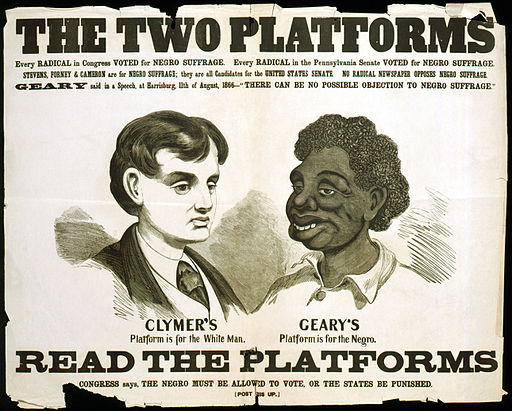Race vs Racism
Although race and racism may seem similar, they are distinct concepts. Race is a means of differentiating humans based on biological, cultural, and social relationships. Racism, on the other hand, is the act of treating others differently based on their race. Both race and racism are social constructs that are influenced by people’s attitudes, which in turn affect entire populations. The existence of various social groups around the world has led to racism among these groups.
What is Race?
Race is a way of assigning group identity to individuals in a multi-ethnic, multi-cultural society. It is biologically inherited and thus considered an ascribed status. Factors such as biology, culture, language, skin color, religion, and social relationships determine a person’s race. However, a person cannot change their race. Some scientists argue that race is not biologically determined, while others believe people can be distinguished based on their physical traits.
Race is often used as a tool for discrimination in some societies. Social scientists use race as a key variable when studying social inequality and stratification. Some societies develop ideologies based on race, believing that their race is superior and viewing others as inferior.
Key Takeaways
- Race is a means of differentiating humans, while racism is the act of treating others differently based on their race.
- Race is biologically inherited and determined by factors such as biology, culture, language, skin color, religion, and social relationships.
- Racism is a feeling of prejudice and superiority over one’s own race, which can lead to discrimination and negative consequences for underprivileged racial groups.
What is Racism?
Racism is a feeling associated with prejudice and superiority over one’s own race. It can manifest in social actions, beliefs, political behaviors, and social relationships. People who believe their race is superior to others are considered racists, which can lead to suffering for underprivileged racial groups. Racial discrimination is driven by racist mindsets, with powerful groups oppressing dominated groups and causing racial discrimination towards disadvantaged groups. This can sometimes include slavery and genocide. Racism can also be practiced within institutions, where certain racial groups are denied job opportunities and resources. Racism is harmful and everyone should be treated as equal human beings.
What is the difference between Race and Racism?
There are several similarities and differences between race and racism:
- Every human being belongs to a particular race, but not all humans are racist.
- Race is determined by physical traits, color, culture, and social relationships, while racism is a feeling upheld by individuals.
- Race is biologically inherited, while racism is developed later in life. Individuals cannot change their race, but they can change their racial attitudes.
- Racism is influenced by environmental and social factors.
Race and racism can be observed worldwide and have been used to differentiate people into various groups.
